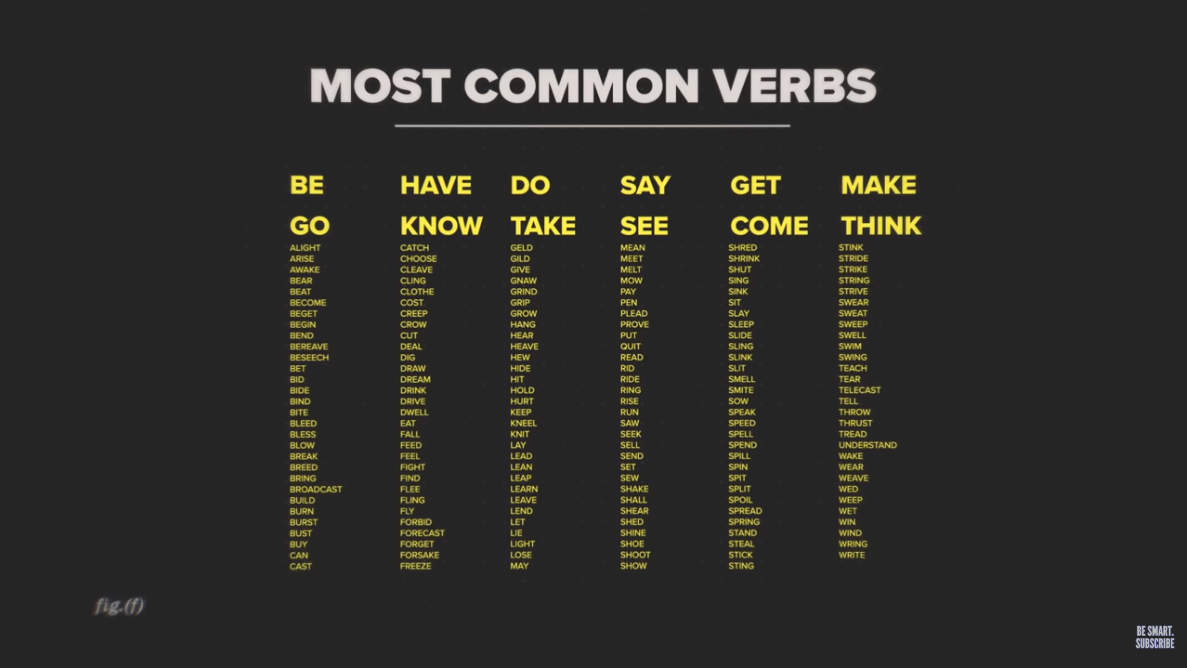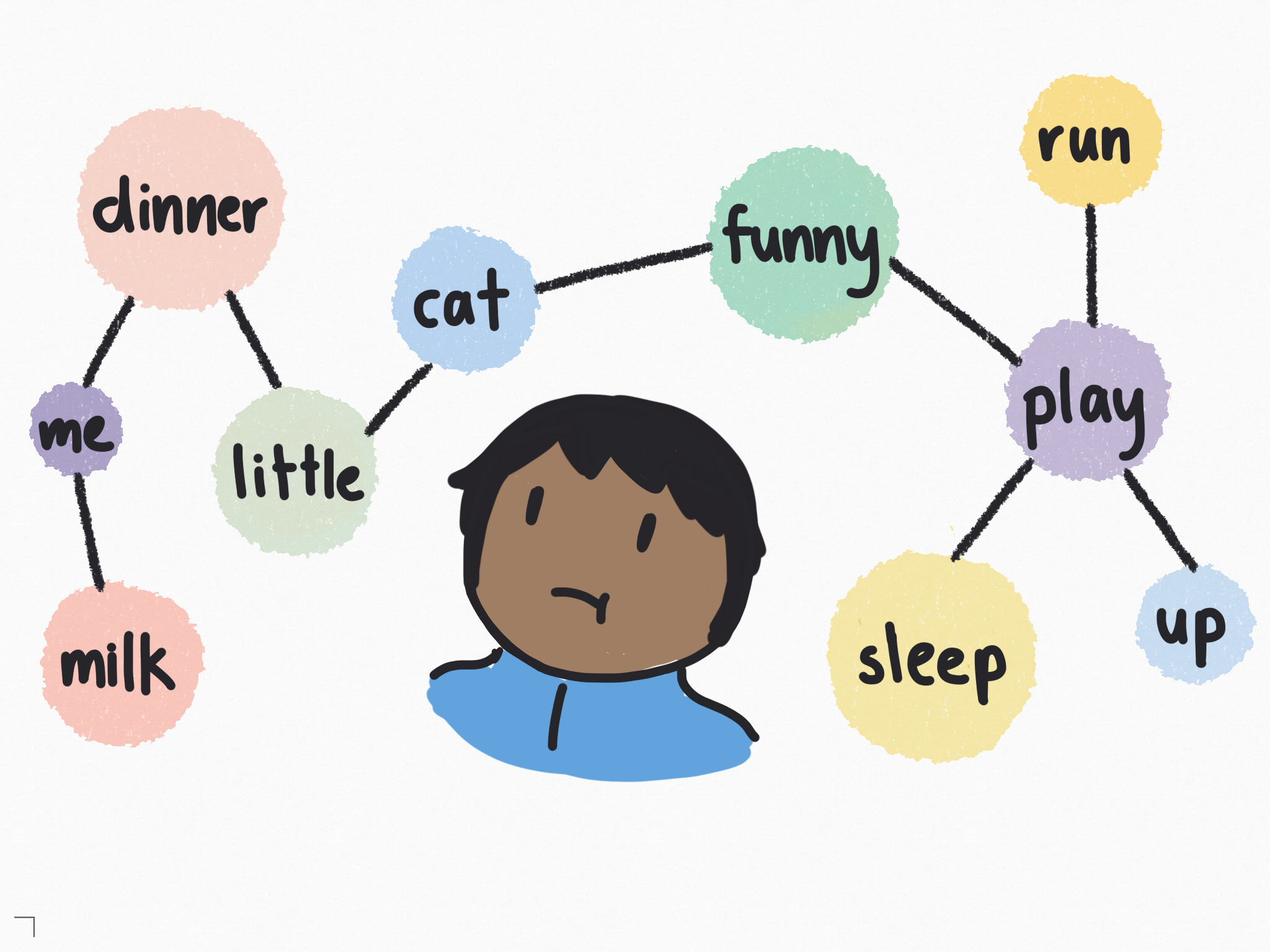Get ready for a dive into linguistic history! Our friend Dr. Joe Hanson from It’s Okay to Be Smart (PBS Digital Studios) goes full science nerd on the English language—and irregular verbs. Why are irregular verbs so common in English? Where do they come from?
English is a confusing language for many reasons. But the irregular verbs might be the most confusing part. Why is “told” the past tense of “tell” but “smold” isn’t the past tense of “smell”? It turns out that the study of irregular verbs can teach us a lot about how languages evolve. This week, we look at how the era of Big Data is unlocking secrets behind the weirdness of words.

Why is language the way it is? Lucky for us, there are plenty of language fossils for us to sift through…written words! #linguistics #language
Twitter: @DrJoeHanson @okaytobesmart
Instagram: @DrJoeHanson
It’s Okay To Be Smart is hosted by Joe Hanson, Ph.D.
Director: Andrew Matthews
Writer: Andrew Matthews Creative
Director: David Schulte
Editor/animator: Derek Borsheim
Producers: Stephanie Noone and Amanda Fox Produced by PBS Digital Studios Music via APM
Stock images from Shutterstock http://www.shutterstock.com
References
Uncharted: Big Data as a Lens on Human Culture – Erez Aiden and Jean-Baptiste Michel https://amzn.to/2MLBEHF
Words and Rules – Steven Pinker https://amzn.to/2vKL1kf
Lieberman, Erez, et al. “Quantifying the evolutionary dynamics of language.” Nature 449.7163 (2007): 713.
Michel, Jean-Baptiste, et al. “Quantitative analysis of culture using millions of digitized books.” Science (2010): 1199644.
Hanley, M. L., Joos, M., & Fein, T. (1937). Word index to James Joyce’s Ulysses. Madison: University of Wisconsin Press.




